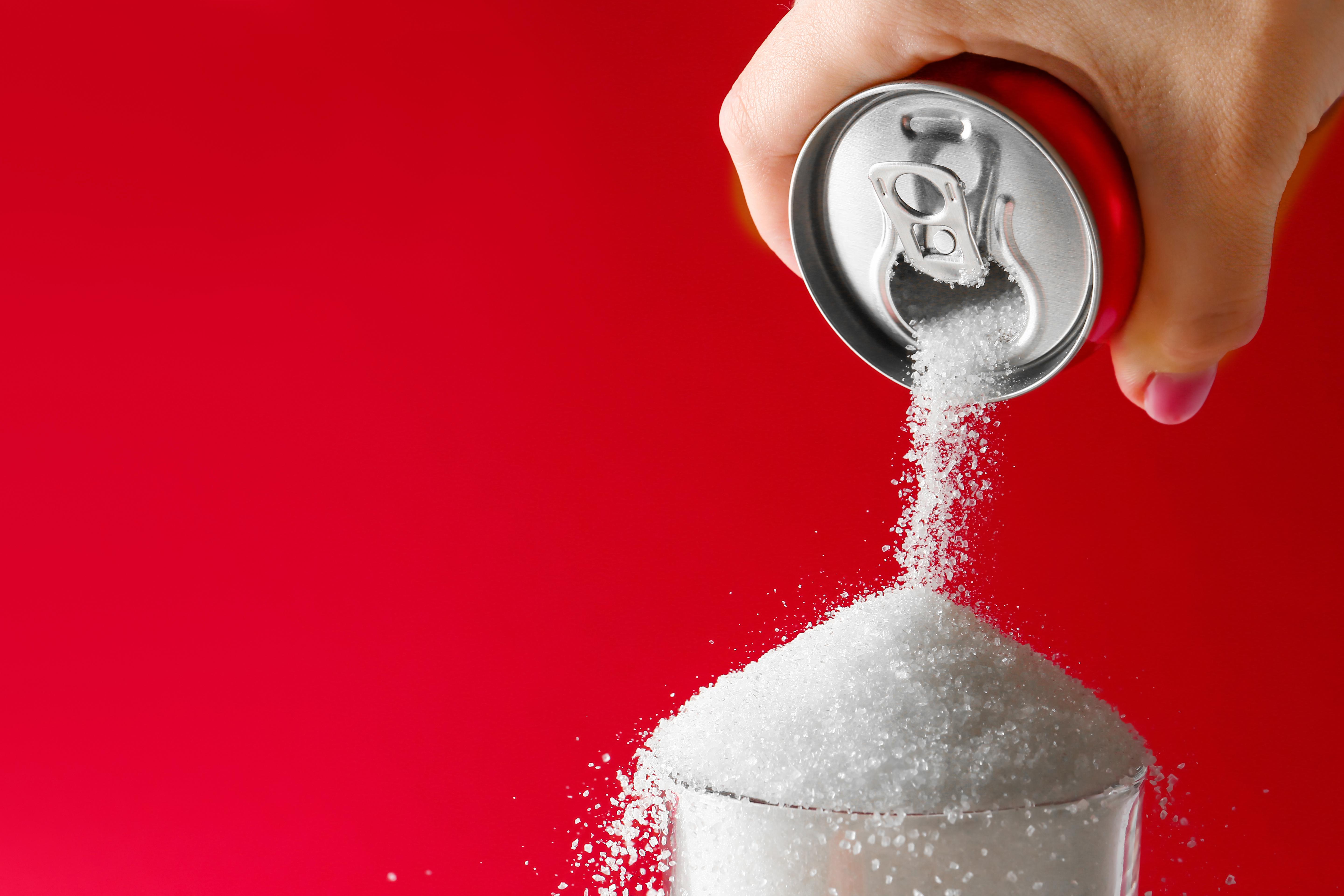The “Twinkie defense”: What we know about diet and crime

- In the 1979 murder trial of Dan White, his legal team seemed to attempt to blame his heinous actions on junk-food consumption. The press dubbed the tactic, the “Twinkie defense.”
- While no single crime can be blamed on diet, researchers have shown that providing inmates with healthy foods can reduce aggression, infractions, and anti-social behavior.
- Various studies have demonstrated that consuming nutritious, whole foods rather than processed, high-fat, high-sugar foods improves mental health, mood, and academic outcomes. All heavily factor into one’s likelihood of committing crime.
In 1978, Dan White murdered San Francisco city Supervisor Harvey Milk and Mayor George Moscone. Of this, there was no doubt. White had turned himself in, then tearfully and remorsefully confessed to shooting each of the men — his former colleagues — multiple times. At White’s 1979 trial, the only question was how stiff his penalty would be.
White’s lawyers ran a skillful defense during the court proceedings. They claimed that their client’s mental capacity was diminished by stress and severe depression. His heinous actions were not fully within his conscious control. Thus, a first-degree murder charge, punishable with 25 years to life in prison, was too harsh a sentence.
During the trial, the defense team questioned a psychiatrist, Dr. Martin Blinder. He told them that White was a fitness enthusiast who prided himself on eating right and staying healthy. However, during depressive episodes, White would enter into a “vicious circle” of junk-food consumption.
“Whenever he felt things were not going right, he would abandon his usual program of exercise and good nutrition and start gorging himself on junk foods: Twinkies, Coca-Cola,” Blinder testified.
Blinder subsequently stated:
“There is a substantial body of evidence that in susceptible individuals large quantities of what we call junk food, high sugar content food with lots of preservatives, can precipitate anti-social and even violent behavior. There have been some studies, for example, where they have taken so-called career criminals and taken them off all their junk food and put them on milk and meat and potatoes, and their criminal records immediately evaporate.”
The press went wild, dubbing the lawyers’ tactic the “Twinkie defense“: Were they trying to blame their client’s double murder on junk food?
The Twinkie defense
In actuality, White’s legal team only mentioned his unhealthy benders as a sign of his depression, not the cause of it. Still, the “Twinkie defense” narrative stuck. And it might have paid off: White was only convicted of manslaughter and sentenced to just seven years in prison.
In a paper recently published in the International Journal of Environmental Research and Public Health, a multidisciplinary team of researchers referenced the “Twinkie defense.” In the decades since Dan White’s trial, scientists have explored the relationship between nutrition and crime. They’ve found intriguing signs that the two are linked.
One of the earliest signs materialized in the 1980s. Under the direction of a nutritionist, food staff secretly altered the diet at a juvenile detention facility in Virginia to reduce the amount of refined sugar fed to inmates. Social scientist and criminologist Dr. Stephen J. Schoenthaler oversaw the trial. He found that prisoners on the better diet had a 45% lower incidence of documented disciplinary actions. The study was small, however, involving just 58 juveniles.
This preliminary success led to a dozen trials at other correctional facilities. Cooks swapped out sugary breakfast cereals with healthier ones. Canned fruits were replaced with whole fruits. Fatty, sweet snacks gave way to vegetables, cheeses, and whole-grain products.
“In the twelve correctional institutions that we studied, through 1985, we found that there was a 47% reduction in documented offenses, infractions, and other indicators of antisocial behavior,” Schoenthaler said in an academic interview published in 2023. “These included reductions in overt violence, acts of theft, verbal aggression, and insubordination to corrections personnel. Collectively, these studies involved over 8000 juveniles.”
Schoenthaler later conducted two randomized, placebo-controlled trials providing some inmates at correctional facilities a vitamin supplement and others an inert pill. There were significant reductions in rule violations among subjects consuming the supplement.
Numerous research teams across the world have since found that proper diet and nutrition can help reduce rule-breaking and aggression within prison populations.
Yet today, most U.S. states devote less than $3 per inmate per day for food. Such meager funding means almost all prisoners are fed fortified, ultra-processed items. Is it possible that investing in better prison nutrition would save money overall? Schoenthaler thinks so.
“A single preventable infraction that leads to four months of additional jail or prison time might cost US $10,000 or more. If you look at this through the larger lens of prevention and treatment along the entire criminal justice continuum, then the financial savings would be incalculable,” he said.
What about among the general population? Could proper nutrition prevent criminal acts? Various studies have demonstrated that consuming nutritious, whole foods rather than processed, high-fat, high-sugar foods improves mental health, mood, and academic outcomes — all of which heavily factor into one’s likelihood of committing crime.
“Is it merely a coincidence that the 10 states with the highest obesity rates in 2021—Louisiana, Mississippi, Oklahoma, Arkansas, Kentucky, West Virginia, South Dakota, Alabama, Missouri, and Ohio —are all in the upper echelon of states with the highest 2021 incarceration rates?” asked the researchers behind the recent review.
Anti-social behavior has no one cause, of course, making the “Twinkie defense” highly dubious. But based on conducted research, nutrition certainly seems to at least be an indirect factor. So eat right. It will help keep you mentally fit, and maybe by extension, out of prison.





